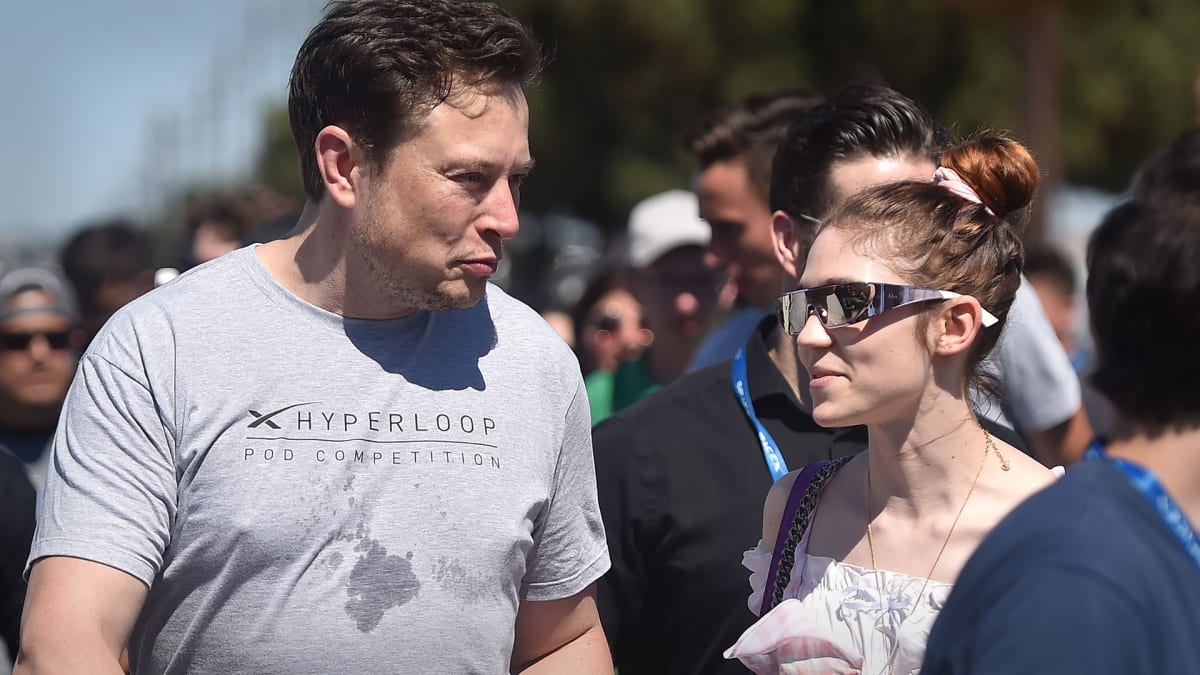
Japan was hit by one of the biggest nuclear disasters of the century in 2011.
An earthquake, followed by a tsunami, struck the country on March 11 of that year, causing the death of more than 18,000 people. This figure was subsequently revised upwards.
To this heavy toll were added the terrible consequences of an accident at the Fukushima-Daiichi nuclear power plant.
This disaster had prompted the country to review its nuclear policy. As a result, Japan decided to drastically reduced its nuclear energy production. The new policy broke with the strategy adopted by the country after the Second World War to ensure its energy independence.
After the first oil shock of 1973, it became a priority. Japan was then the third civilian nuclear power in the world, behind the United States and France. The country had 54 reactors in operation. Nearly 30% of its electricity mix was provided by nuclear and it envisaged an energy future based on renewable energies and nuclear, ensured by the construction of 23 new reactors by 2030.
Japan Makes a Major U-Turn
The Fukushima disaster cut short the boom in the sector and caused the shutdown of the entire Japanese nuclear fleet. As a result, the government has decided to phase out nuclear power by 2030.
A little over 10 years later, the country has just made a new U-turn and resumed its nuclear development despite protests from environmental activists.
Influenced by global energy tensions caused by the war in Ukraine, Japanese Prime Minister Fumio Kishida plans to restart nuclear power production. He announced last August the start of a reflection on the construction of new generation nuclear reactors.
He called for maximizing the use of the 10 existing nuclear reactors authorized to produce energy. He added that the government would strive to do whatever is necessary to restart other reactors that have obtained regulatory green lights as soon as possible.
The Japanese government just approved a plan to maximize the use of nuclear energy. The country wants to increase the share of nuclear energy in its energy mix to 20% by the end of the decade. Before the Fukushima nuclear disaster, this share was 30% and the country even planned to expand it to 40%.
Japan confirmed on Feb. 10 that it wants to restart as many reactors as possible in the coming years. It will also operate the reactors for longer. Currently, it is possible to operate a nuclear reactor for 40 years and, in exceptional circumstances, up to 60 years. Under the new rules, reactor idle time will not be counted.
Musk Pushes for Nuclear
Japan also plans to develop and build new nuclear reactors. These should replace 20 reactors that will be decommissioned in the coming years.
If the decision is denounced by the families of the victims of the 2011 disaster and by environmentalists, Elon Musk, the CEO of Tesla (TSLA) believes that it is a good decision and has just made it known.
"🇯🇵🇯🇵 Great decision by Japan! 🇯🇵🇯🇵," the billionaire posted on Feb. 10.
The billionaire has surprised environmental activists in recent months by supporting nuclear power. In particular, he encouraged Germany not to abandon the atom to free itself from dependence on Russian gas.
This position is surprising because Musk is the one who pushed the automotive industry to reduce its polluting emissions by developing electric vehicles. With Tesla, he also develops renewable energies, and in particular solar.







